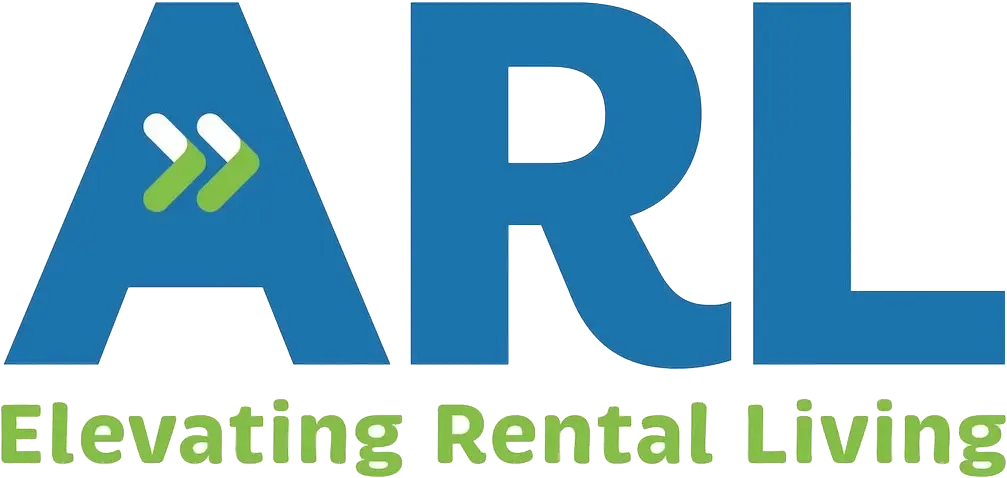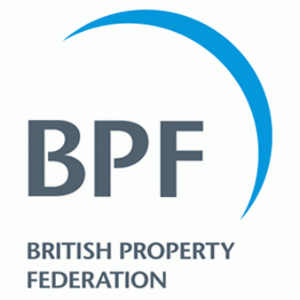2024 has been a whirlwind year in the lettings industry and with the Labour Party coming into power, we are likely to see lots of changes, with a view to strengthen tenants’ rights and enforce higher standards.
But how will the landscape of the lettings industry look this time next year? This blog examines three trends which could likely unfold.
More landlords to use agents for a fully managed service
The Renters Rights Bill is one of the most transformative changes to the lettings industry for many years. Housing Minister Matthew Pennycook has predicted it will pass by spring next year and become a law soon afterwards. Here are some of the key points to the bill:
- Removal of ‘no fault’ Section 21 notices for all tenancies
- Removal of fixed term tenancies, creating rolling tenancies from the outset
- Introduce a Decent Homes Standard to the private rented sector with fines of up to £7,000 for failing to meet standards
- Ban rental bidding wars
- Limitations on rent increases, capping them to once a year and to the market rate in order to prohibit landlords from implementing rents that are too high mid-tenancy
According to the Government, just 1 in 5 landlords use a letting agent for a fully managed service. However with such disruptive changes on the horizon, a large number of private landlords may welcome the specialist service that agents and property managers provide to navigate the complexities and subsequent administration of the bill to ensure compliance.
Rents to continue rising
For the majority of 2024, rent prices were between 5-10% higher compared to the same period last year.
These vast increases can be largely attributed to a shortage in stock and fewer renters becoming homeowners due to unaffordable house prices.
With the increase in compliance and house prices on the rise, landlords may see this as a perfect opportunity to sell off parts of their portfolio. In turn, this may reduce the number of available rental properties, driving higher demand and pushing prices up.
However, as mentioned, the Labour government plans to limit price rises mid-tenancy, but these policy changes may simply result in larger increases annually or when negotiating a new deal at the end of the tenancy.
Significant rise in the demand for deposit alternatives
Arguably, the biggest issues for tenants and landlords this year have been rising rent prices and a subsequent increase to rent arrears.
As rent prices continue to escalate, so does the cost of traditional deposits. In fact, tenants now spend an average of £2,981 when moving into their new home (including their first month’s rent and traditional cash deposit).
Another result of rising rent prices is the inability for tenants to maintain rent payments. According to Molo, 60% of UK landlords have seen a rise in late rental payments, with the average arrears amounting to £723, and for many, much more. If arrears or other charges exceed the 5 weeks of cover offered with traditional deposits, then landlords must attempt to recover the debts themselves, often unsuccessfully.
Both of these issues can be resolved by offering deposit alternatives. With flatfair No Deposit, tenants reduce their upfront move-in costs by replacing a traditional deposit with a much smaller one-off fee of one week’s rent (+VAT). Simultaneously, landlords receive free market-leading protection on their property of up to 10 weeks in the event of damages or unpaid rent.
Get ahead of the game and make offering flatfair No Deposit your top New Year’s Resolution. Book a call today to find out more.

.png)








